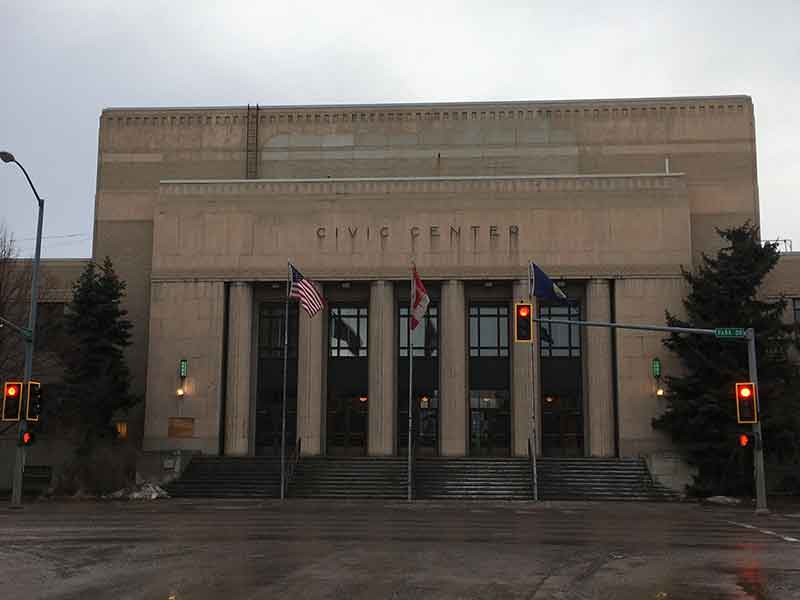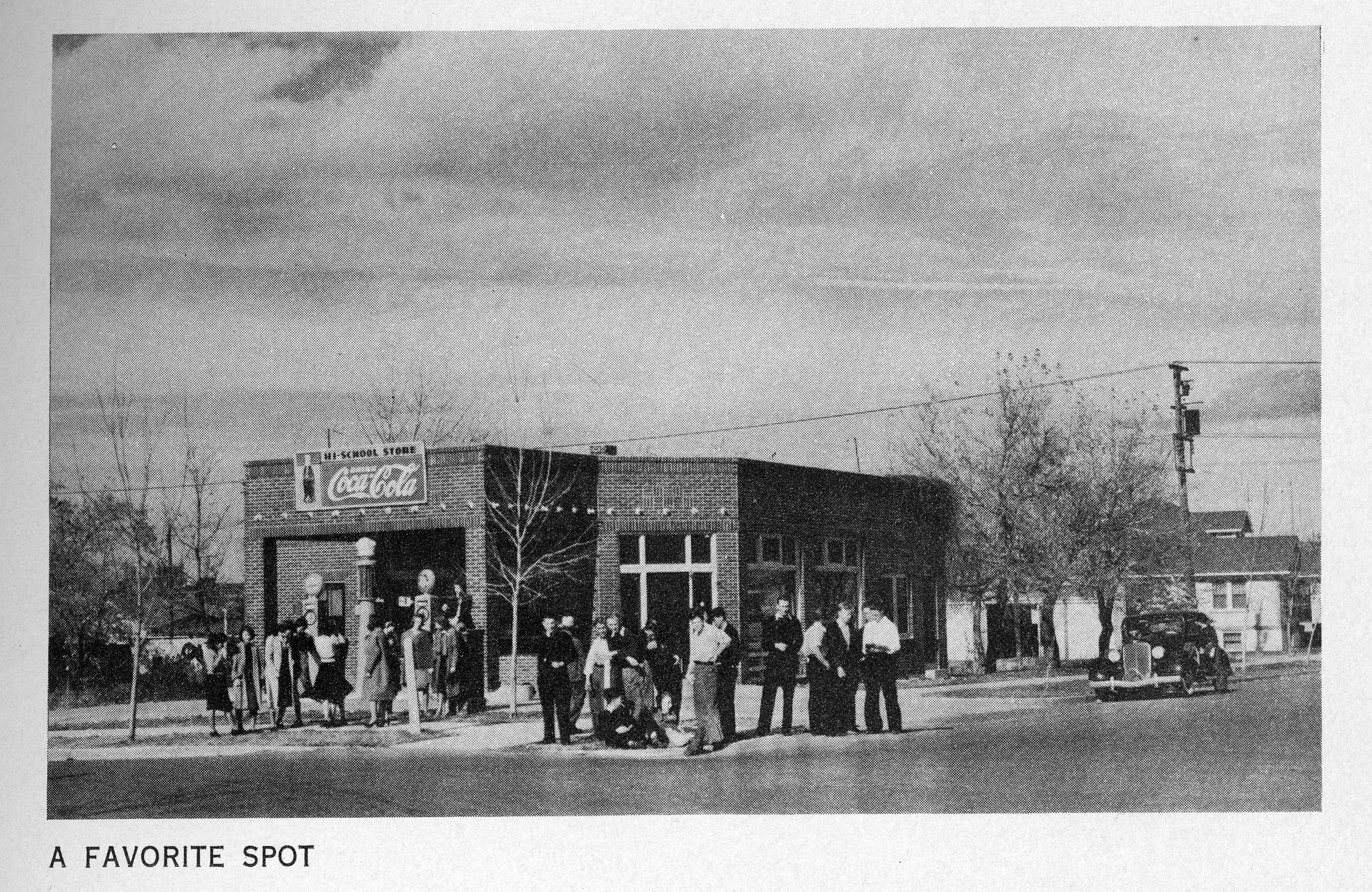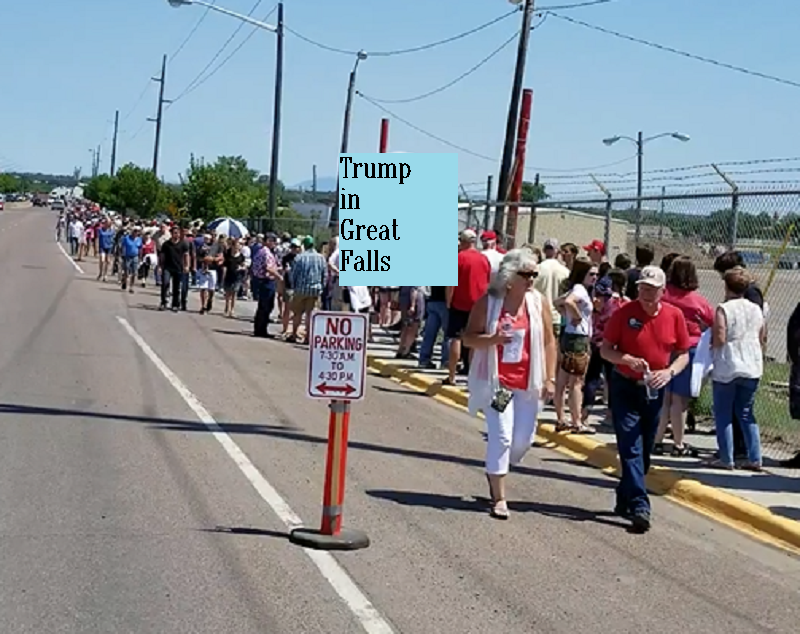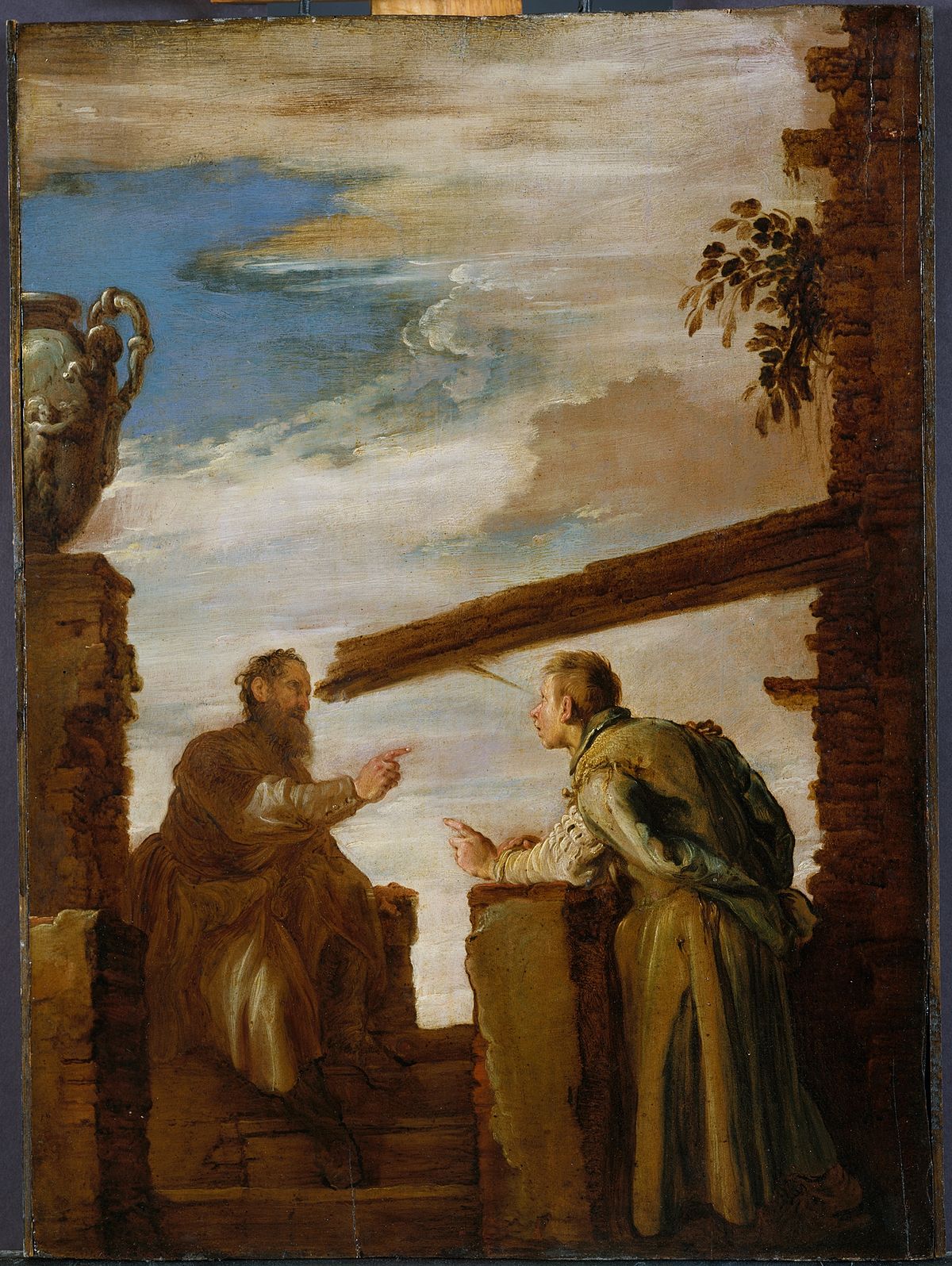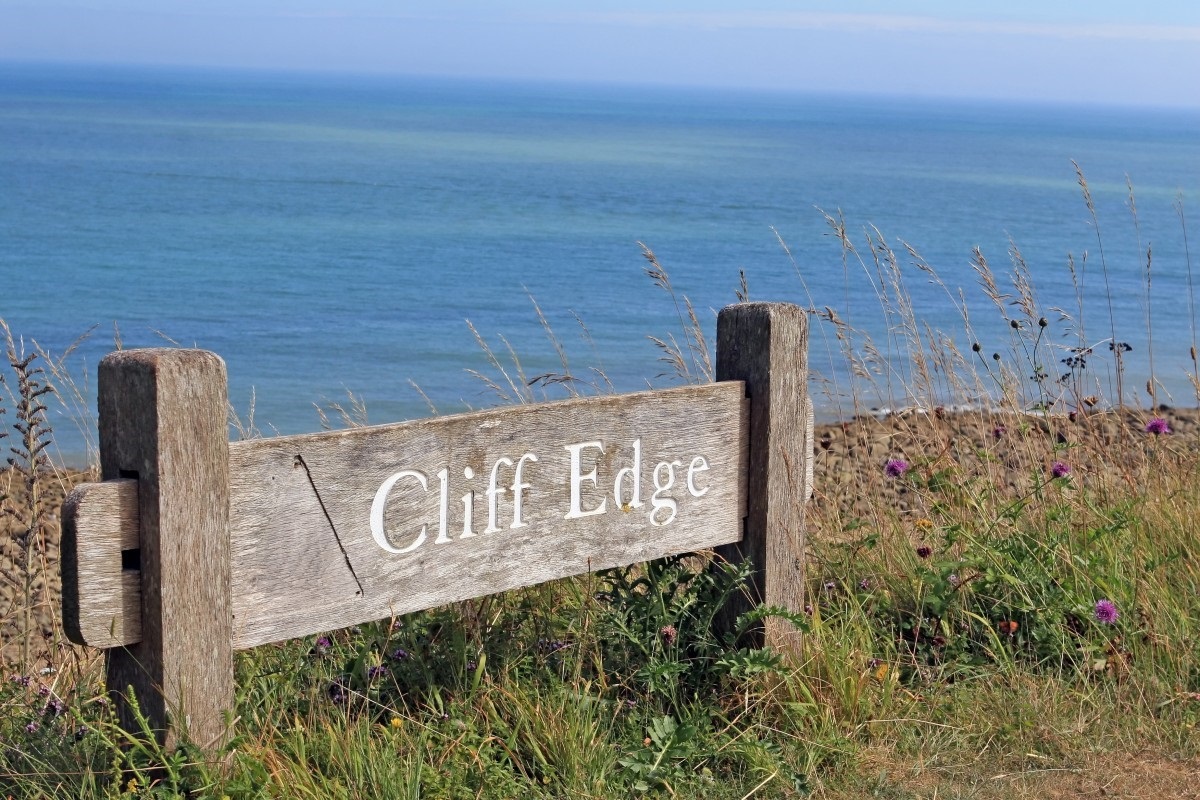________________________________________________________________________ How to grow the local economy is by far the most asked question we hear. The suggestions range from recruiting hi tech businesses to getting a Red Lobster. Besides Malmstrom Air Force Base and the local poverty industry, the most significant business in Great Falls is the import-export business, and it has been…
Category: Great Falls
Great Falls, You Have Cancer
________________________________________________________________________ There have been two disturbing stories in the last 10 days about Great Falls which have raised a lot of discussion and a lot of eyebrows around town. First is the article which corroborates an unpleasant reality about our town, a reality that many folks have been concerned about and sounding the alarm…
The Great Falls Poverty Industry Is Thriving
In an article titled “What city is hit hardest by extreme poverty in your state?”, written by Evan Comen and Samuel Stebbins of 24/7 Wall Street for USA Today and published July 13, 2018 in the Great Falls Tribune, Great Falls gets the dubious distinction of being the hardest hit by extreme poverty in Montana. Here…
High School Hangouts
________________________________________________________________________ Groovin’ all Week with You All most all high schools have off-campus hangouts where students congregate to pursue their interests in food, the opposite sex and cars; not necessarily in that order. These hangouts vary, but they all share a commonality and serve a highly beneficial purpose. University of Cincinnati Professor Keith King…
Does Size Matter? Great Falls Trump Rally Video Shows Long Lines
________________________________________________________________________ An E-City Beat reader sent us this video which was posted on Facebook last week after President Trumps visit to Great Falls. It shows the very long lines waiting to get in to the Four Seasons venue for the Presidents speech. This confirms that the interest in and support for the Trump rally…
Former GF Tribune Reporter Thinks Trump Supporters Are Inbred?
________________________________________________________________________ Local readers continue to send us screenshots and reactions to Presidents Trumps recent visit to Great Falls. Some of the comments are positive and in support of the President while others are downright vile and vicious in their hatefulness. Here’s an example of both from the Tribunes own Facebook page: What we…
Commissioner Mary Moe’s Embarrassing And Outrageous Comments
________________________________________________________________________ We’ve received several emails and screenshots of some local reaction to President Trumps visit to Great Falls on Thursday. This first one is particularly relevant because it is Great Falls City Commissioner Mary Moe’s post about some Montana Catholic priests who attended the rally. Uhmmm, just out of curiosity, how would Mary Moe…
Welcome, President Trump! Pay No Attention To The Haters.
________________________________________________________________________ E-City Beat would like to extend a big, hearty “WELCOME TO GREAT FALLS!” to the President and Commander in Chief of our Armed Forces. We’re not only proud to welcome President Trump, we’re excited and grateful that he has chosen our town for a Montana rally. Just consider the thousands and thousands of…
State Historic Preservation Office Cautions GFPS On GFHS Work
________________________________________________________________________ In a letter to City of Great Falls Planning and Community Development Deputy Director Tom Micuda, John Boughton, National Register Coordinator for the State Historic Preservation Office of the Montana Historical Society said, “We sincerely hope that the proposed addition to Great Falls High School is done in a manner that respects the…
Great Falls Suicide Survivor Speaks Out
Editors note: for obvious reasons, E-City Beat is respecting the writers request for anonymity. Suicide has no face because it is the face of everyone; I am one of those faces, I just happened to survive but I wasn’t supposed to. Suicide lives in the minds of those with radiant smiles and intoxicating laughs, in…



